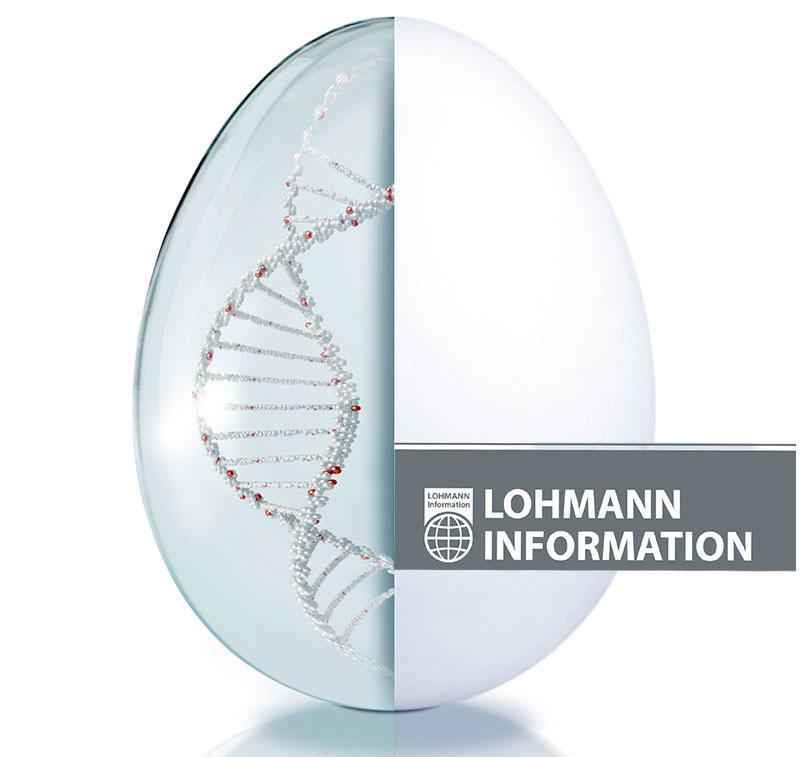This website uses cookies to improve your experience. We'll assume you're ok with this, but you can opt-out if you wish. Read More

Welcome to the first edition of Lohmann Information in its new format. As primary breeder of laying hens, Lohmann Tierzucht…

Introduction The development of technology enables more accurate and efficient selection of breeding animals. This is particularly relevant for poultry,…

Abstract Distillers Grains are a cereal byproduct of distillation for bio-energy, ethanol production and of growing interest for the feed…

Abstract The use of antibiotics for growth promoting purposes in livestock is now banned for almost one decade in the…

Abstract Since seven decades, poultry meat and egg consumption in many countries has been accelerating at a faster rate than…

Abstract A total of 23 652 broiler breeders were kept in two identical windowless deep litter pens. The birds were…
And find out about all the latest industry news.